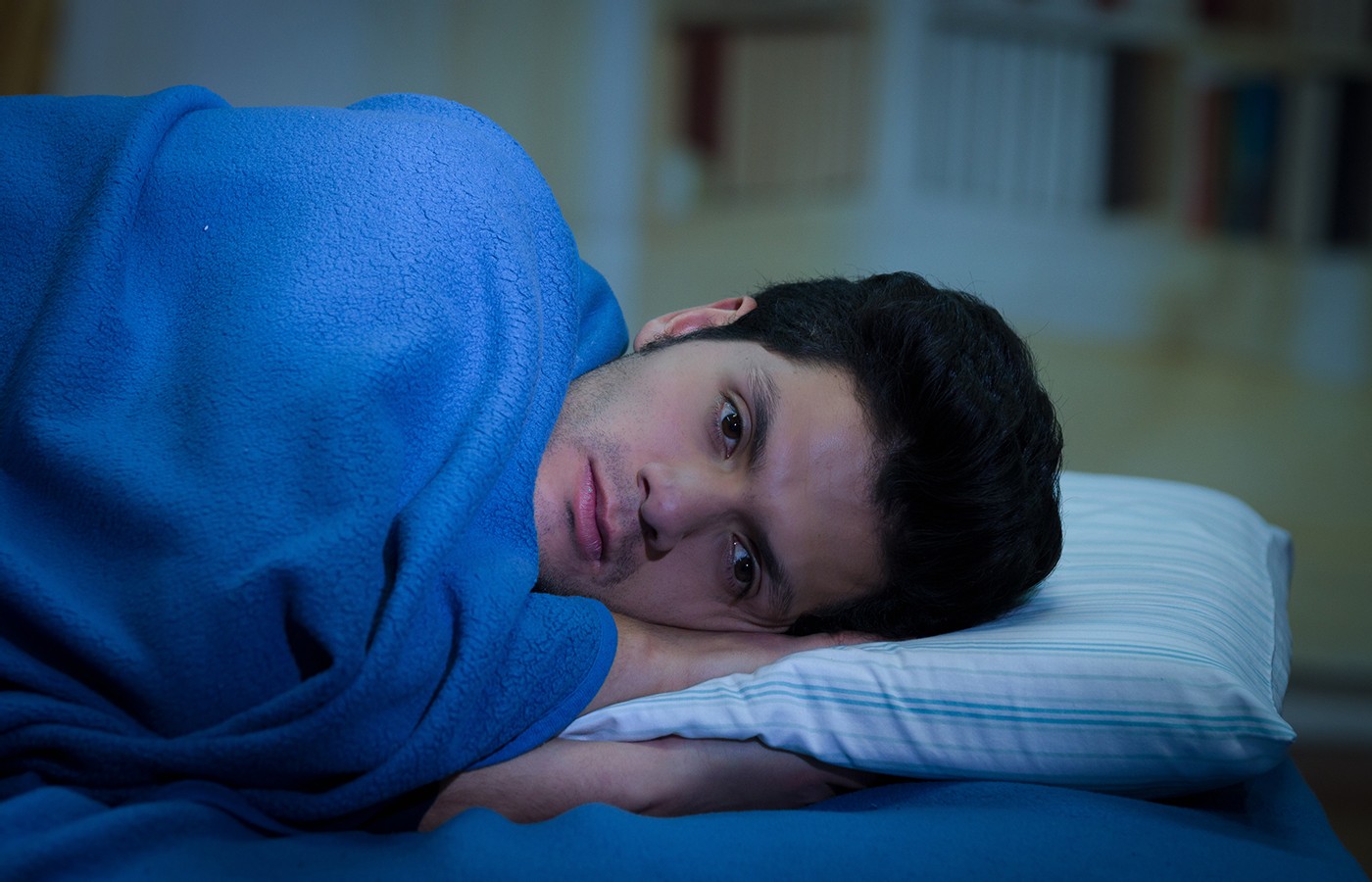One of the longest nerves in the body is known as the vagus nerve (VN). The VN is the 10th pair of cranial nerves that originates at the brain stem in the medulla oblongata. This nerve is part of the parasympathetic nervous system, which is a part of the ANS. Research suggests ear acupuncture can activate the VN.
Anxiety and Deficiency
It is not uncommon to see patients bring in over-the-counter herbal remedies for common symptoms such as anxiety and fatigue. In some cases, these generic remedies offer clinical improvements, but in many cases they do not. I always see these situations as teaching opportunities for practitioners of East Asian medicine to showcase how differential diagnosis can offer solutions reflecting the unique nature of each suffering patient.
Case Study
The patient was a 47-year-old male suffering from chronic anxiety, fatigue, and persistent feelings of being cold in the evening. Other signs included low libido and chronic dry skin. The patient had no digestive issues, and projected an extremely hopeful and positive attitude. He had been taking an over-the-counter “natural testosterone” herbal formula for fatigue and kava kava capsules for anxiety, both of which offered no relief from his symptoms.
The patient’s tongue was extremely pale and plump with deep teethmarks; no cracks were visible on the tongue body; pulse was deep and slow. Based on the patient’s presentation and subjective symptoms, I diagnosed the pattern of spleen qi / blood deficiency with kidney yang deficiency. The herbal prescription was a tablet version of Shi Quan Da Bu Tang with a tea of huang qi / rou gui, taken together and dosed twice daily (morning and evening).
Mechanism of Action
Shi Quan Da Bu Tang nourishes blood, warms and tonifies the qi, and warms the kidney yang. The tea combination of huang qi / rou gui reinforces the boosting of the qi and blood, while also warming the yang and moving blood. Shi Quan Da Bu Tang is a combination of the two classic formulas Si Jun Zi Tang and Si Wu Tang, plus the addition of the warming herbs huang qi and rou gui.
Follow-Up / Outcome
After two weeks on the herbal protocol, the patient reported a significant reduction in anxiety, as well as a slight improvement in fatigue. He also commented that his sleep was much deeper. After one month on the herbal protocol, the patient continued to see improvements in both anxiety and fatigue, and also stated that his libido was “dramatically improved.”
As all complaints of the patient were consistently improving without side effects, we continued on the same herbal protocol for another four weeks. At the next office visit, with the patient on the herbal protocol for a total of two months, all symptoms had resolved except the dry skin.
I kept the patient on the same protocol, lowering the dose to once a day for both the tablet and tea, for one month with a check-up after. After a total of three months, all symptoms remained resolved and the dry skin was improving as well. The patient noted that his sleep remained much deeper than usual.
Clinical Pearls
This is an interesting case, as it shows how a traditionally calming herb such as kava kava produced no results for anxiety, while treating the patient via differential diagnosis with herbal medicine not traditionally described as “calming” resulted in extremely effective clinical results.
It is also fascinating to see the patient’s sleep improve after taking tonic herbs. Many clinicians fear that tonic herbs can act as “stimulants”; however in cases of significant deficiency of both qi and blood, tonics can nourish the patient at deep levels, which can have a systemic effect throughout mind and body.
Although a simple case at first glance, in the patient’s eyes, his improvements were not simple in any manner and showcase the beautiful power of East Asian medicine to heal and nourish.



